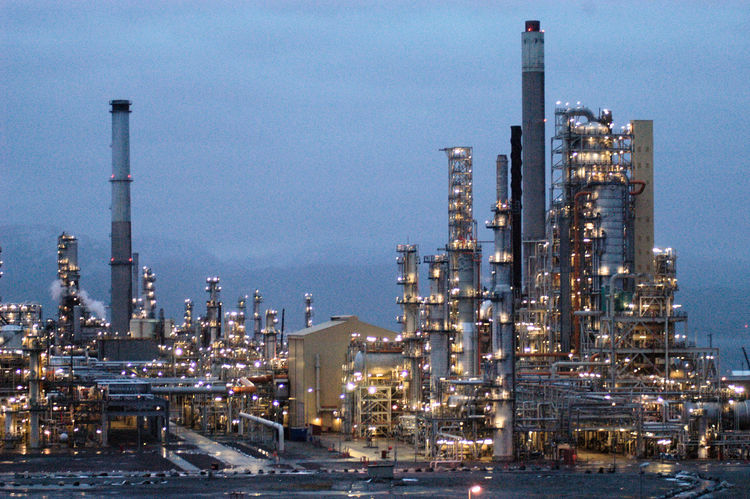Business
Nigerian Refiners Pursue Afreximbank Financing Amid $18bn Funding Plan

Investors in Nigeria’s modular refineries are actively engaging with the African Export-Import Bank (Afreximbank) to secure a portion of the $18 billion fund earmarked by the bank for the development of refineries in Nigeria and other African nations.
This initiative follows the successful financial backing provided by Afreximbank to the $19 billion Dangote Petroleum Refinery, which has commenced production of refined petroleum products for both domestic use and export.
Sources within the modular refining sector confirmed that discussions are underway, with significant interest from Clairgold Refinery and Shinjin Petro Chemicals.
Both companies have initiated talks with Afreximbank officials to source funds for their refinery projects in Nigeria.
However, the modular refinery operators have expressed concerns regarding the feedstock supply for their plants, which is a critical guarantee required by financial institutions for funding.
The operators, represented by the Crude Oil Refinery Owners Association of Nigeria (CORAN), praised Afreximbank’s support for the Dangote Petroleum Refinery during its construction phase.
“We are in active discussions with Afreximbank, although no modular refinery has received financing from the bank yet,” said Eche Idoko, Publicity Secretary of CORAN. “Shinjin Petro Chemicals, which is constructing a 3,000 barrels per day plant, and Clairgold Modular Refineries are among those in talks with Afreximbank and the Bank of Industry. We are hopeful for positive outcomes.”
Afreximbank’s commitment to supporting refinery construction was reiterated at the 2024 Afreximbank annual meetings in Nassau, The Bahamas.
The bank’s president, Benedict Oramah, highlighted the strategic objective to refine 50% of Africa’s crude oil production within the continent.
Oramah emphasized the bank’s role in the successful financing of the Dangote refinery as a model for future projects.
“We are proud to be associated with these transformational projects, which demonstrate the critical role of African capital in financing our development,” Oramah stated. “Our broader strategy includes supporting the construction of a new refinery in Cabinda, Angola, and refurbishing the Port Harcourt refinery in Nigeria. Our goal is to ensure that at least 50% of the crude oil produced in the Gulf of Guinea is refined in Africa.”
Despite the optimism, modular refinery operators have identified several challenges in accessing these funds.
These include securing guarantees related to feedstock supply and completing necessary engineering designs.
“The issue of feedstock remains a significant hurdle, as financiers require assurances on this front,” Idoko noted. “We are optimistic that Afreximbank will address these concerns given their recent declaration to support modular refineries.”
The ongoing discussions come at a time when Nigeria is grappling with its highest inflation rate in 28 years, driven largely by food costs.
The economic strain is exacerbating poverty and reducing the purchasing power of the nation’s 231 million residents, 60% of whom are classified as multidimensionally poor.
Modular refineries, which require significantly less capital investment compared to traditional full-scale refineries, are seen as a viable solution to boost local refining capacity and reduce dependence on imported refined petroleum products.
However, the operators have raised alarms about systemic issues within the oil sector that impede in-country refining, echoing concerns voiced by Aliko Dangote regarding the influence of entrenched interests.
As negotiations with Afreximbank continue, the modular refinery operators remain cautiously optimistic, hoping that the bank’s support will pave the way for enhanced domestic refining capabilities and contribute to Nigeria’s economic resilience.